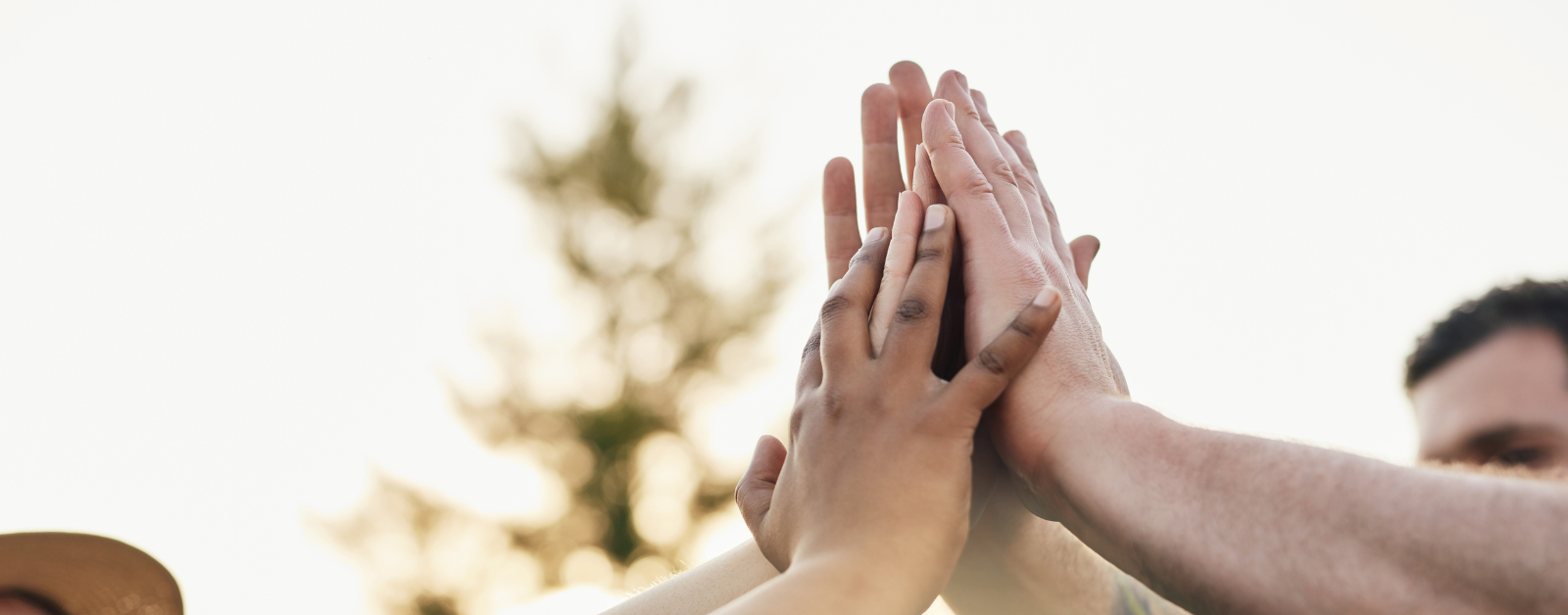I’ve been thinking a lot about belonging—what it feels like, where we find it, and how we create spaces that nurture it, spaces that say, “You are a human. You belong here.” I recently talked with Heather Avis, the founder and chief visionary officer of the Lucky Few, about her new children’s book I Like You So Much. She offered such a rich reflection on this topic, and I wanted to share a few thoughts with you here.
Belonging Is a Fundamental Human Need
Belonging isn’t just something we might hope to find—it’s fundamental to being human. In Heather’s words:
“Finding belonging is the deepest desire of every human being.”
And yet, true spaces of belonging—places where we can be unapologetically ourselves, where we can let our shoulders down and simply be—can feel rare.

LISTEN OR WATCH: Apple 🎧 | Spotify 🎧 | YouTube 🎬
Shout Worth
Affirm belonging by “shouting worth”—not waiting for permission to exist, but confidently claiming space for our kids in our communities. When Heather registers her kids with Down syndrome for local programs, she doesn’t ask whether they’re allowed—she assumes they belong.
We are humans. This is a thing for humans. So we’re going to show up.
She goes on to say that when they show up, they also work to create the necessary support. Sometimes that support plan doesn’t work out, so they don’t stay, but that doesn’t hold them back from showing up with the expectation that they belong:
“At the end of the day, my kids are not asking permission to exist in the world. They’re going to show up in the spaces where other humans exist.”
Create space for difference.
Belonging doesn’t require sameness. It means being welcomed as you are. Heather’s daughter Macyn doesn’t usually jump into whatever activity is happening, but:
“She knows she can show up as she is, and she’s embraced in the group. So it’s less about what we’re actually doing and more about the fact that she can come in and out at any time and lean on someone or make herself known or say that she likes something or doesn’t. And there’s no question in the room whether she gets to be that person or not.
We each belong as we are.
Ask: Does this space honor or exclude?
There is a difference between spaces that honor and those that other. Heather gives the example of her Black daughter, Truly, starting a Black Student Union at her school—an honoring, affirming space for identity and connection. People with disabilities might also want spaces to connect only with other disabled people, and that can be a good thing. Still, too often, in the disability community, separation is not about honoring. It’s about exclusion.
It’s important to ask: Who’s missing from our communities, our schools, our churches? Are we assuming that certain bodies or minds are less valuable? Or are we celebrating each person’s presence?
Delight and Celebration
Delight and celebration anchor us—especially as parents—amid so many cultural narratives that tell us a child’s worth depends on achievement, ability, or “success.”
“What if we just celebrated and delighted in our kids because they’re them? Not for what they do, but for who they are.”
Whether parenting kids with disabilities, advocating for inclusion, or just being human with one another, may we begin with delight and create spaces where everyone is free to be fully themselves and deeply loved.
I hope you’ll listen or watch and share this episode with a friend.
And I’d love to hear from you. Where have you experienced true belonging? What does “shouting worth” look like in your family? Leave a comment!
Let’s stay in touch. Subscribe to my newsletter to receive weekly reflections that challenge assumptions about the good life, proclaim the inherent belovedness of every human being, and envision a world of belonging where everyone matters. Follow me on Facebook, Instagram, and YouTube and subscribe to my Reimagining the Good Life podcast for conversations with guests centered around disability, faith, and culture.



